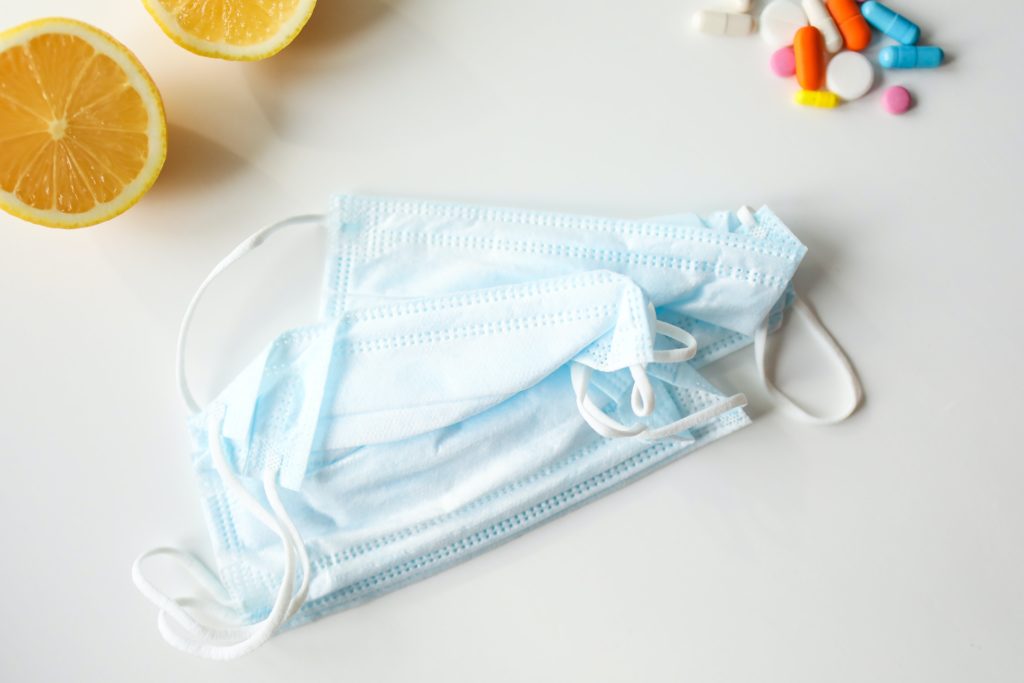The Western Cape has 4578 active cases of COVID-19, with a total of 104 533 confirmed cases and 96 114 recoveries.
The province has recorded an additional 40 deaths, bringing the total number of COVID-19 related deaths to 3841, said Premier Alan Winde in a statement.
To date, 476 387 tests have been conducted and 936 people have been hospitalised with 182 in ICU or high care.
The breakdown is as follows:



The Western Cape is open:
Premier Alan Winde held his weekly digicon on August 27, in which the Western Cape Government and Wesgro launched its “We Are Open” domestic tourism campaign. This campaign is to urge South Africans to take advantage and explore the beauty and diversity of the many affordable and world-class attractions that Cape Town and the Western Cape has to offer.
With the move to Alert Level 2, and the easing on inter-provincial restrictions, Cape Town and the Western Cape is now open as a tourism destination for South Africans.
“I therefore encourage all South Africans and residents of the Western Cape to use the opportunity to explore the beauty and variety that the Western Cape has to offer- safely,” said Winde. “This campaign, which will go live next week, highlights how the Western Cape provides world class tourism experiences that could match some of the world’s top international travel destinations.”
Travelers from around the country looking for safe and affordable travel options can find them on the Discover Western Cape website at wesgro.co.za/travel/home.
The campaign will also include the “Kids Stay Free” initiative to encourage families to take advantage of the offers for children to stay free at participating travel and accommodation partners across the Western Cape.
During the digicon, the CEO of the CTICC Taubi Motlhabane spoke about the measures they have put in place to ensure that they are able to continue to deliver world class services safely.
“It is clear that they have put a lot of time and effort into their plans to reopen safely- using technology and innovation to ensure that they continue to deliver a world-class service, while also saving the many jobs they create and support,” said Winde.
“As our focus moves from containing the virus to the recovery of our economy, it is critical that we find new ways of doing business so that we can save those jobs, and win back what we have lost, all while ensuring that everybody is able to stay safe.
“Many businesses across industries have suffered tremendously through the lockdown. If we are to save jobs, prevent humanitarian crisis, and set ourselves on the path to economic recovery- we must stand together to support business, the same way we came together to fight COVID-19. By choosing local businesses, service providers, and contractors, we can all contribute towards saving jobs.
“This could mean that when you buy groceries, you buy from a farm stall or the butcher in your community. If you’re looking to do home repairs, buy what you need from the local hardware shop, or if you’re not handy, support a contractor or tradesman. If you can afford it- take a trip to visit a tourism attraction or establishment. You could enjoy a meal at a restaurant or buy a snack from a local vendor, corner cafe or spaza shop.
“Each time we support a business, we support a job. Every Rand we spend helps to pay a salary which in turn helps to feed a family. Over the past few months, we have seen how people have come together to serve a common cause. This is how we can come together to prevent the second pandemic of unemployment.”
Picture: Pexels

